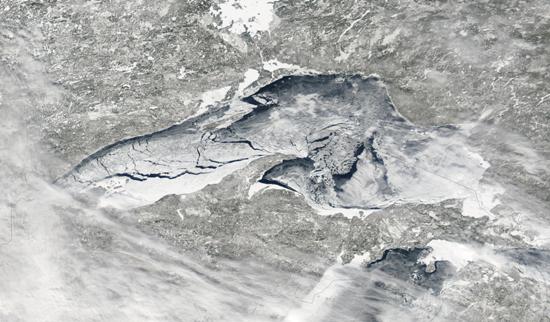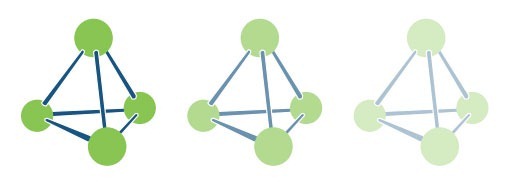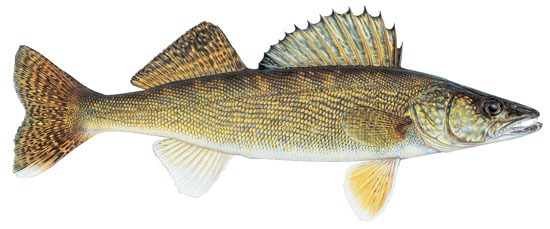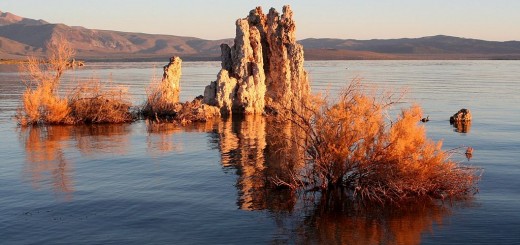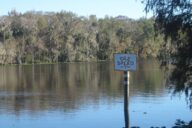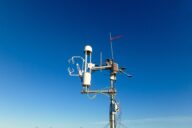Antarctic research team close to breaching frozen Lake Vostok
0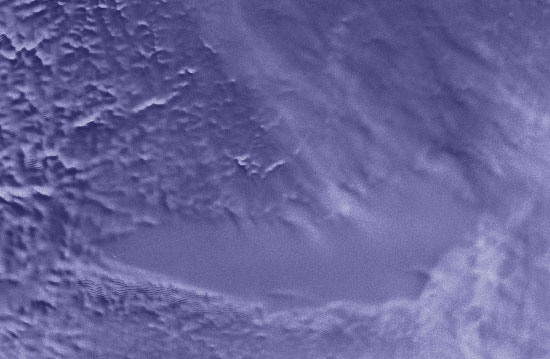
Lake Vostok
Sealed off for 14 million years beneath almost four kilometers of ice, the oxygen-rich Lake Vostok in Antarctica remains completely unexplored. But a team of Russian scientists hope to soon reach the lake for the first time to collect samples, as they have already drilled within 100 meters of the lake’s surface.
Vostok spans an area of 16 square kilometers and reaches depths of 1050 meters. It is unique because it has remained entirely isolated from the other 150 subglacial lakes found on the continent. It is also supersaturated with oxygen, at levels estimated 50 times greater than an average freshwater lake.
There might be unique organisms within the lake, especially in the mineralized water at the bottom, according to Arctic and Antarctic Research Institute spokesperson Valery Lukin, who is director of the Russian Antarctic Expedition that is heading up the drilling project. Considering the lake’s 14 million years of isolation, any life found will consist of extremely ancient or even previously unseen organisms.
Additionally, anything capable of surviving within the lake would be considered “extremophile” organisms. Life found in Lake Vostok could provide insight into the possibility for life in the frozen lakes on Jupiter’s moon Europa or Saturn’s satellite Enceladus, according to PhysOrg.com.
The AARI has been trying to drill into the lake since 1990, but the process has been halted on numerous occasions due to concerns that the drilling will contaminate the ecosystem frozen below. In 1998, drilling was stopped for nearly eight years.
The research team has devised a new means of sampling the lake that avoids the risk of contamination, Lukin said, as he explained to New Scientist:
“Once the lake is reached, the water pressure will push the working body and the drilling fluid upwards in the borehole, and then freeze again.” The team would return next season to bore into the newly frozen water to obtain samples. The drilling plan has been approved by the Antarctic Treaty Secretariat, which is responsible for protecting the continent’s environment
The researchers hope to break through before the current Antarctic summer season ends, but they are unsure when they will penetrate the sheet of ice because its precise thickness is unknown.
Russian team prepares to penetrate Lake Vostok [Wired.co.uk] Russians hope to reach Lake Vostok for the first time soon [PhysOrg.com] Mysteries of Lake Vostok on brink of discovery [New Scientist] Image Credit: NASA/Goddard Space Flight Center Scientific Visualization Studio




